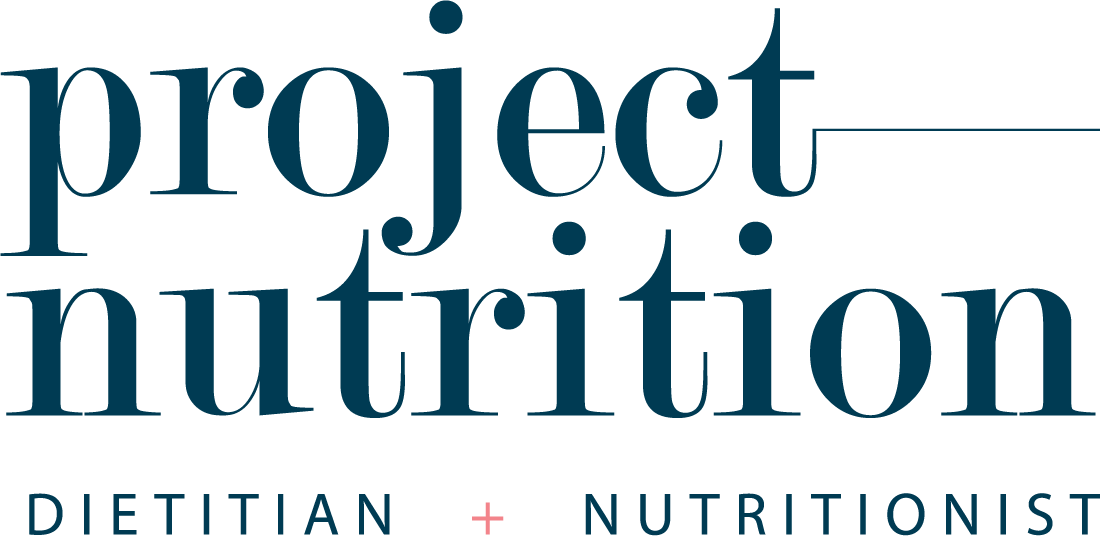Should you avoid dairy if you have PCOS?
Are you unsure about the impact of dairy on PCOS? Wondering if you should incorporate it into your diet or avoid it altogether?
Many clients ask me whether dairy is beneficial or detrimental for PCOS. In this blog post, I'll explore the relationship between dairy and hormones, delve into current research on PCOS and dairy, and discuss the pros and cons of including dairy in your PCOS diet.
What is dairy?
Firstly, let's define what dairy foods actually are. Dairy is any food that is made from cows milk such as milk, cheese, ice cream, cream and yogurt. Dairy foods can be a key source of calcium, protein, and other important nutrients however vary in terms of nutritional quality.
Do dairy foods impact on your hormones?
Some people are concerned about the hormones in milk and the impact that these may have on hormonal conditions such as PCOS. While milk does contain small amounts of naturally occurring hormones, these hormones can be digested by enzymes in our gut. Because these hormones are broken down and may not be in their active form, they won’t always have an effect on your body.
In modern intensive farming, extended milking periods, often stretching into the pregnancy phase, contribute to increased concentrations of estrogens in milk, as they coincide with increased estrogen levels in the cow's body. We’re still learning about how the hormones in milk impact on our hormones, but it’s unlikely that the amount of estrogen in cows milk poses a risk to reproductive health & the levels of estrogen in cows milk are likely too low to cause health effects in humans.
In Australia, we’re lucky to have rigorous food standards to protect consumers. These standards strictly prohibit the use of hormones in cows to increase milk production.
PCOS & Dairy what the research reveals
When examining the existing research on PCOS and dairy, there is a lack of good quality studies dedicated to this topic. The available studies either suffer from poor design or involve small participant numbers.
In one very small, non randomised study involving 24 women who adopted a low-starch and low-dairy diet led to weight loss, enhanced insulin sensitivity, and decreased testosterone levels in individuals with PCOS. It’s important to note that this study did not determine if these benefits were due to the weight loss that occurred as a result of participants consuming a lower energy intake or due to the removal of dairy &/or starches. There is a large body of evidence that shows being in a calorie deficit supports weight loss and that for women with PCOS, 5-10% total body weight loss can improve insulin sensitivity & testosterone levels.
Notably, dietary patterns like the Mediterranean, Low GI and DASH diets, which incorporate small- moderate amounts of lower fat dairy particularly yoghurt, feta & ricotta cheese alongside fruits, vegetables, and whole grains, beans/legumes, healthy fats & lean poultry & seafood have demonstrated substantial benefits in improving the metabolic and reproductive features of PCOS according to current research.
This highlights the significance of considering your dairy consumption within the broader context of your overall eating pattern & reinforces that there are a number of different dietary approaches that have been shown to be beneficial for PCOS management.
Dairy & Inflammation
Another common concern is that dairy causes inflammation. A large systematic review completed in 2017, which looked at over 52 studies, concluded that dairy generally has mild anti-inflammatory effects, except for those who have an allergy to cow's milk.
Unsweetened greek & natural yoghurt appears to have the greatest benefits for our health with research showing regular yoghurt consumption having benefit for weight management and reducing the risk of type 2 diabetes and cardiovascular disease.
Dairy & Acne
If you experience acne, it might be worth considering a trial of a dairy-free diet. Research published in the Journal of the Academy of Nutrition and Dietetics found a positive link between dairy intake and acne. This review looked at 27 studies and found that frequent dairy intake and a high glycemic load diet may contribute to acne. Interestingly, this review found that fat-free and low-fat milk had the most significant impact on acne compared to full-fat milk and cheese, which didn't have a strong effect. Unfortunately, we still need more research about which types of dairy will have the biggest impact on acne.
If you're struggling with acne, it might be worthwhile speaking with your dietitian about if dairy-free diet is right for you. However, it's important to avoid cutting out dairy without the guidance of a health professional, as you may risk developing certain nutrient deficiencies.
Top tips for eating dairy with PCOS
When it comes to dairy and PCOS, the current research is limited so my top tips when it comes to PCOS & dairy are
Choose Greek or natural yogurt & Kefir, as they’re great sources of naturally occurring probiotics that can help support a healthy microbiome.
Opt for cheeses lower in saturated fat such as feta, ricotta & cottage cheese
Don’t exceed the recommended daily serves of dairy. In Australia the recommended number of daily serves for women 19-50 years of age is 2.5 serves of dairy per day
If you struggle with acne, speak with a Dietitian to ensure that you’re also addressing other aspects of your diet & lifestyle that could be contributing to your acne & PCOS symptoms. Remember your overall dietary pattern is going to make the biggest difference to your health & PCOS symptoms, not one particular food.
If you’re looking for personalised nutrition advice to help you reduce frustrating PCOS symptoms such as acne, weight gain & irregular periods- book an online consultation with one of our PCOS Dietitians
